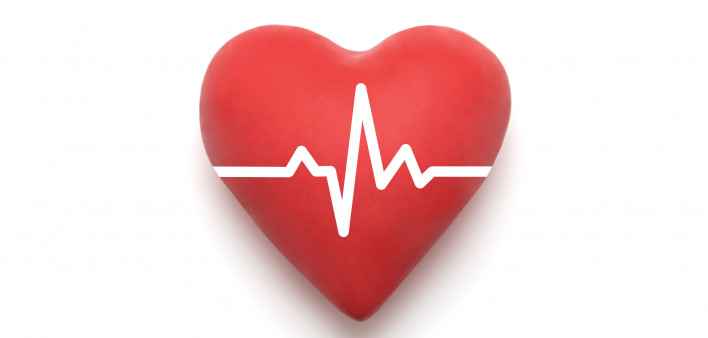Compared with those who do not have the virus, people with HIV are more likely to be hospitalized as a result of heart failure, stroke and cardiovascular disease, MedPage Today reports.
Researchers have established that even well-treated HIV is linked to about a doubled risk of cardiovascular disease (CVD) overall. In recent years, investigators have sought to parse the virus’s connection to various forms of CVD.
Publishing their findings in the Journal of the American Heart Association, Alvaro Alonso, MD, PhD, of the department of epidemiology at the Rollins School of Public Health at Emory University in Atlanta, and colleagues analyzed data from MarketScan commercial and Medicare databases, covering 2009 to 2015. They looked at data on approximately 20,000 people with HIV as well as some 59,000 HIV-negative controls who were matched according to age and sex.
Both groups had an average age of 43 years old. Nineteen percent of the overall cohort members were women. High blood pressure and irregular blood lipids each had a prevalence of approximately 25%. Around 15% were taking medications to lower their lipids.
After adjusting the data to account for differences between the study groups in cardiovascular risk factors, the people with HIV, compared with those who did not have the virus, had a 3.2-fold higher risk of heart failure, a 2.7-fold greater risk of stroke and a 1.7-fold increased risk of hospitalization due to CVD.
Associations between HIV and atrial fibrillation, heart attack and peripheral artery disease were either modest—they were between 10% and 30% more likely in the HIV population—or not statistically significant, meaning they may have been driven by chance.
"With the aging of the HIV population, developing interventions for cardiovascular health promotion and CVDprevention is imperative," the study authors concluded.
To read the MedPage Today article, click here.
To read the study, click here.







Comments
Comments